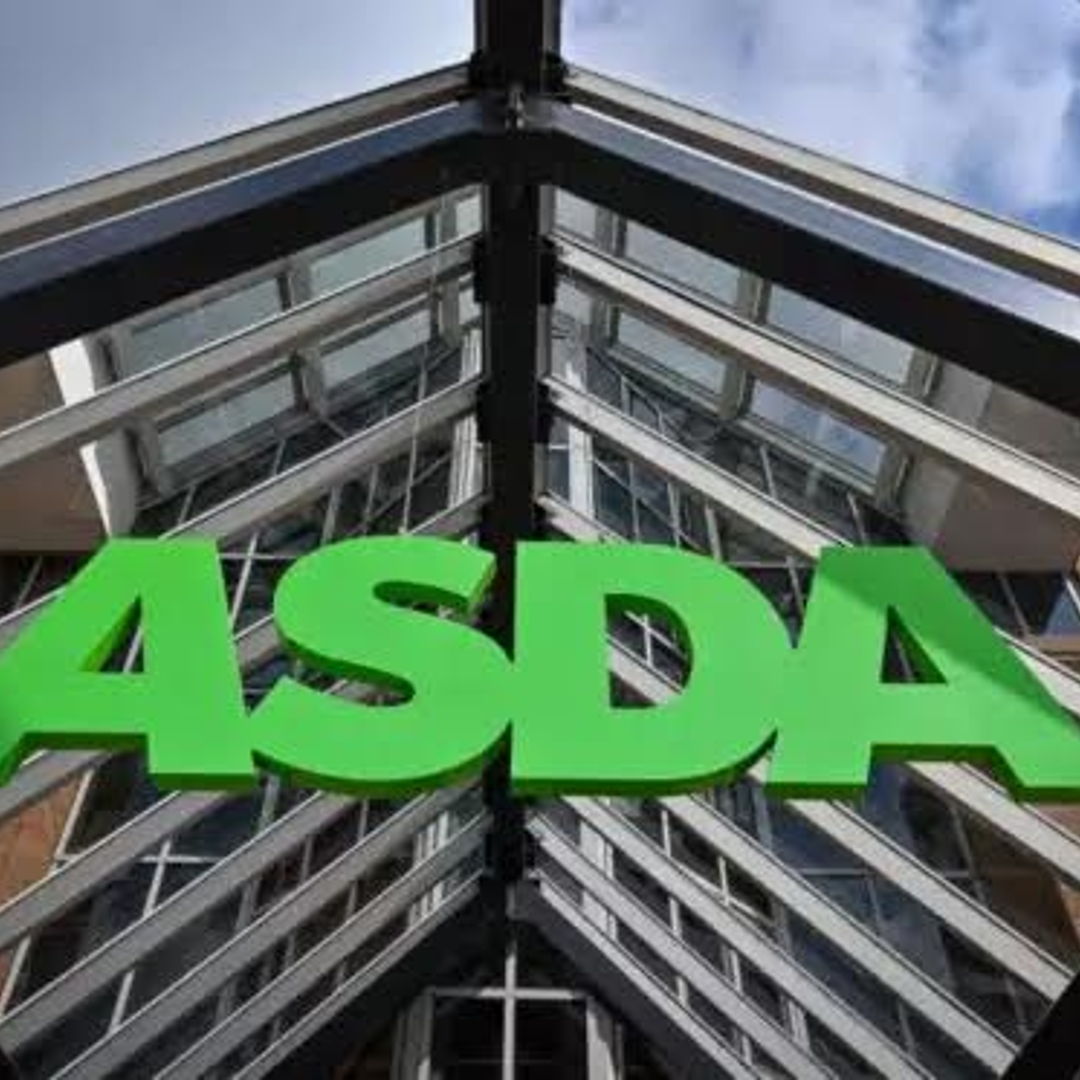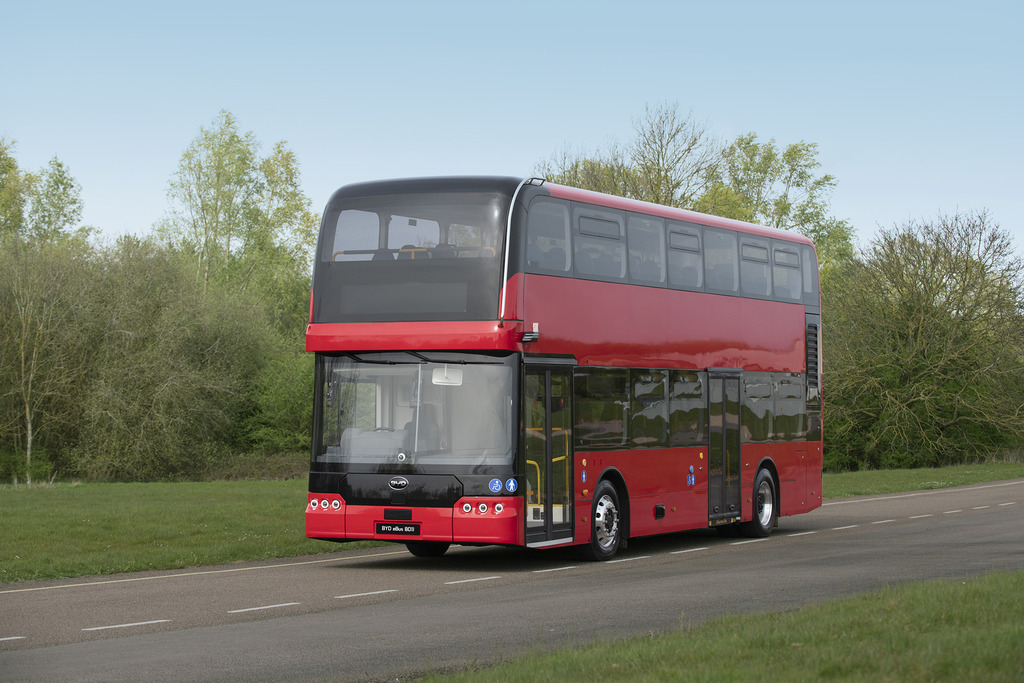Asda cut the number of electric vehicle (EV) charging points on its premises by more than two-thirds in 2023, as rivals Tesco, Morrisons and Lidl increased the number of EV chargers.
Data from the RAC shows that Asda has reduced the number of EV charges from 165 to 46 in 2023, the only supermarket of those surveyed to cut its number.
The reduction follows the supermarket ending a partnership with EV charging company bp pulse. Asda now has working EV chargers on just 2% of its estates, or 22 shops.
The Zapmap figures, compiled by the RAC, reveal that Tesco is leading the way, adding 497 chargers in 2023 to boast 1,305 in total. It is far ahead of second-placed Morrisons, which added 229 to achieve an overall total of 413, with Lidl placing third, after adding 160 – it now has 346 charging points.
Next come Aldi, which added 102 to now have 199 and Waitrose, which added 112 to also have 199 chargers. Sainsbury’s added 104 to end up with 157, ahead of Co-op which added 40 to have 91 in total.
Bottom of the pile – and the only grocer to have less chargers than Asda – is M&S with 14, after adding just eight charging points throughout 2023.
Subscribe to Sustainability Beat for free
Sign up here to get the latest sustainability news sent straight to your inbox every day
Discussing Asda’s move, RAC EV spokesperson Simon Williams said: “Concerns about the lack of public charge points are one of the biggest reasons why drivers aren’t choosing to go electric when buying their next car, with six-in-10 telling us this.
“It’s very encouraging to see supermarkets doing their best to allay these fears by ramping up EV charging facilities across a greater proportion of their estates.
“The data also shows a surge of investment in the very fastest chargers. These rapid and ultra-rapid units are the closest drivers can get to filling up with fuel because they offer the fastest charging speeds, helping to reduce queues so motorists can resume their journeys as quickly as possible.
“As the supermarkets currently dominate UK fuel sales, it makes sense for them to try to retain as much of that market as they can by catering to the needs of all EV drivers looking to recharge as quickly as possible.
“It’s also great to see them bringing rapid charging to more urban areas, as this complements the obvious and much-needed focus on motorway service areas.”
The East Midlands, West Midlands, South-West England and Wales installed more rapid or ultra-rapid EV chargers than London according to ZapMap date from last year.















